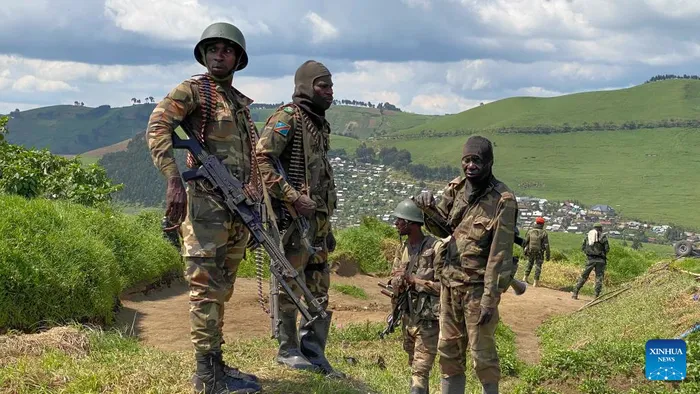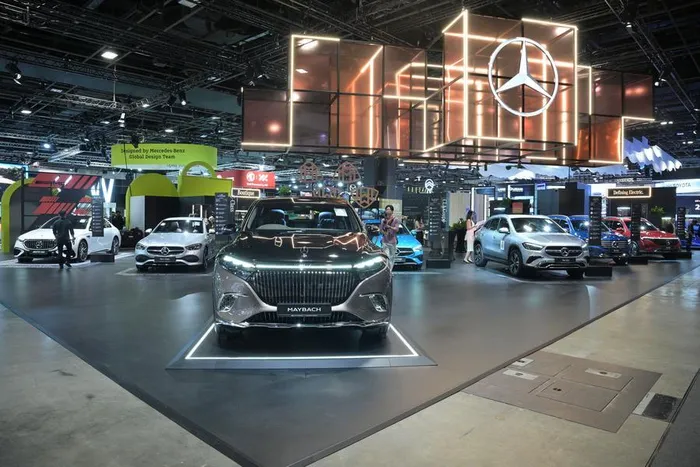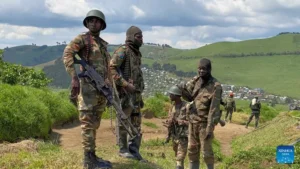As previously the only African member of BRICS, South Africa plays a unique and pivotal role in representing Africa within this alliance. Since January 2024, Africa has welcomed two more countries to the BRICS body, namely Egypt and Ethiopia. Through a multi-dimensional approach—balancing regional leadership, advocacy for developing nations, and economic diplomacy—South Africa enhances BRICS’ influence in the Global South and beyond.
Economic Influence
South Africa, the largest economy in Southern Africa, accounts for over 16% of Africa’s GDP. Known as “The Gateway to Africa,” South Africa attracts significant foreign direct investment (FDI) due to its diverse economy, advanced infrastructure, and strategic industries, including mining, energy, agriculture, and pharmaceuticals. In 2023 alone, FDI reached nearly $10 billion, with key investments from BRICS partners. South Africa’s mining sector, a global leader in precious minerals, draws partnerships from countries like China, while its agriculture and automotive sectors have seen considerable interest from India and Brazil.
Trade with BRICS partners has grown significantly, reaching R830 billion in 2022, up from R487 billion in 2017. BRICS now represents 21% of South Africa’s total global trade, with around 14% of South Africa’s exports destined for BRICS countries and nearly 30% of its imports coming from BRICS sources. Trade with China dominates, accounting for 63% of exports to BRICS nations in 2022, although this decreased slightly from 73% in 2021. Russia was the only BRICS country showing a decrease in trade with South Africa last year, dropping about 10%.
Through the African Continental Free Trade Area (AfCFTA), South Africa advocates for pan-African trade integration, facilitating greater intra-continental trade that benefits BRICS. If AfCFTA achieves seamless trade flow across Africa, it could reduce dependence on external markets and make Africa a more competitive global trading bloc. This aligns with BRICS’ vision of a multipolar world where emerging economies collaborate for mutual growth.
Geopolitical Stability and Regional Security Cooperation
South Africa’s peacebuilding efforts are essential to its role within BRICS. As the 15th largest contributor of military and police personnel to UN peacekeeping missions, South Africa has participated in vital regional peace initiatives across Mozambique, the Democratic Republic of Congo (DRC), Sudan, and Lesotho. Within the Southern African Development Community (SADC) and the African Union (AU), South Africa spearheads mediation efforts, aiming to prevent conflict spillovers and foster regional stability.
In line with BRICS’ objectives of promoting global peace and security, South Africa’s non-aligned, multilateral foreign policy allows it to engage with diverse global powers without over-reliance on any single bloc. This approach fosters diplomatic flexibility, enabling South Africa to attract strategic investments from historically opposing powers, such as the United States and Russia, while supporting BRICS’ unified stance on reducing Western hegemony.
Cultural and Political Dimensions
South Africa’s post-apartheid values of human rights, social justice, and democratic governance serve as the bedrock of its soft power within BRICS. As a strong advocate for the Global South, South Africa calls for reform in international institutions to ensure developing nations have a voice in global decision-making. For instance, it recently raised the issue of Palestinian rights in the International Court of Justice, encouraging other nations to support the cause. Such actions highlight South Africa’s commitment to justice and its alignment with BRICS’ principles of equity and fair representation.
South Africa’s cultural diplomacy, reflecting Africa’s rich diversity, strengthens BRICS’ cohesion and amplifies Africa’s voice in the global arena. By promoting initiatives in education, language, and cultural exchange, South Africa helps BRICS foster cross-cultural understanding, reinforcing the bloc’s standing in the Global South. This cultural influence enhances BRICS’ soft power, furthering the goal of creating a multipolar world order.








